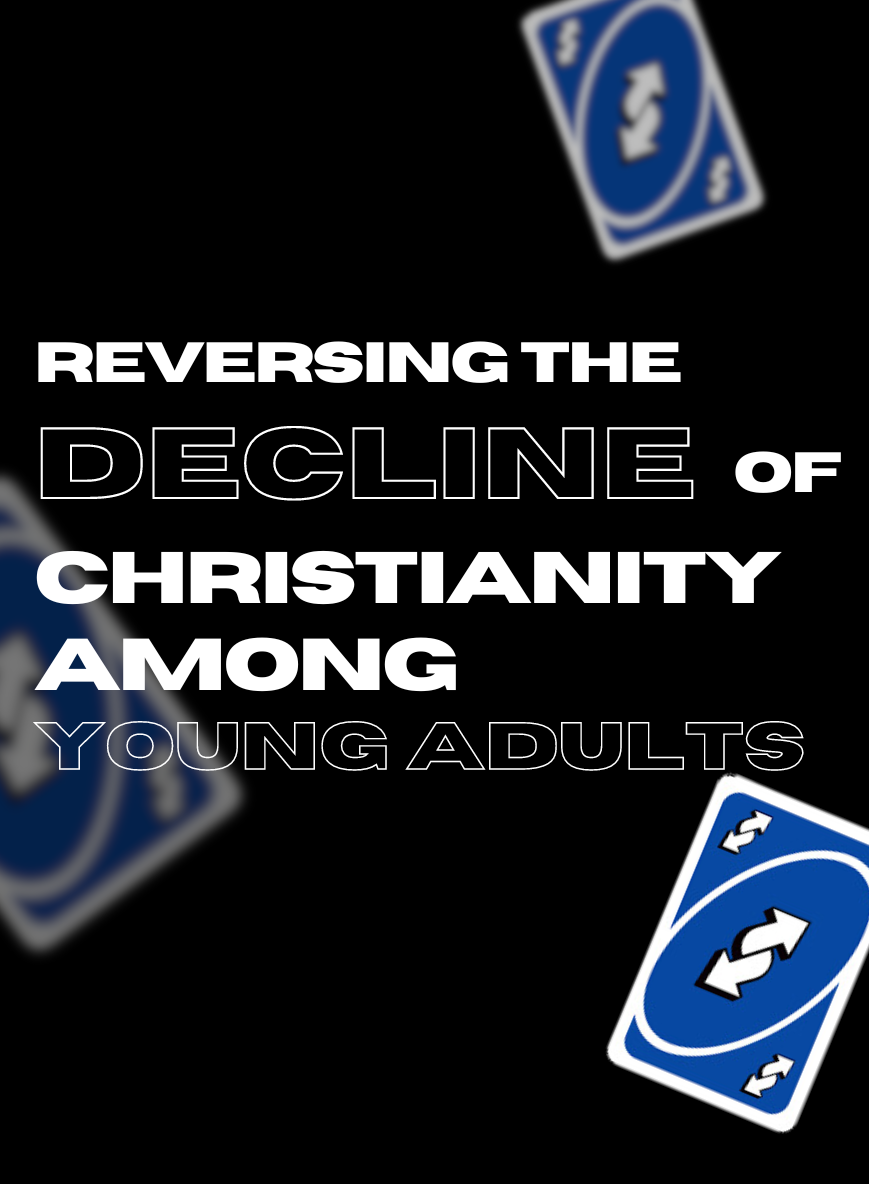
Can your young adults disciple each other?
If there is only one of you, how can you make discipling your young adults more sustainable and achievable?
Paul says of his discipling efforts that he laboured as in the pains of child-birth – all to see Christ formed in those he was investing in (Gal 4:19). As a young adult pastor or leader, I know that it’s also your heart to see Christ formed in the lives of your YA’s.
In fact, you, LIKE PAUL, have probably experienced the intense demands that discipling exerts on your time, energy, and emotional and spiritual life as you invest all your God-given energy into your young adults.
However, these factors are limited in supply, right? So if there is only one of you, how can you make discipling your young adults more sustainable and achievable to ensure ALL the young adults under your care or ministry are discipled with the utmost intentionality and care?
Well, one strategy may include equipping your YA’s to intentionally disciple each other – within small communities!
What is peer discipling?
Peer discipleship (PD) may sound somewhat scary at first. You may be concerned that in the process of PD, poor advice may be given, or worse yet, poor theology passed down the ranks. Maybe people will undermine your teaching or deviate from the vision of your ministry?! Nevertheless, bear with me, as there may be a strong case for equipping your young adults to be more intentional in discipling one another.
The ultimate goal for a believer’s life is to emulate Christ – however imperfectly we manage that on this side of eternity. Paul says, “I no longer live, but Christ lives in me” (Gal 2:20). So, as Christians, we are on the road towards maturity in Christ, learning to die to self to adopt the new identity of Christ in us – along with the actions and attitudes therein.
Backed by neuroscience:
Coincidentally, one of Paul’s discipling strategies hints at what neuroscience is discovering about neurological responses that are significant to learning through social interaction as he instructs those he is discipling to imitate him or follow his example (1 Cor 4:15-17; 1 Cor 10:32-11:1; Phil 3:17; Phil 4:9; 2 Thess 3:7-9; 2 Tim 3:10-11).
Neuroscience has identified a type of neuron called a ‘mirror neuron,’ which has been found significant concerning social interaction. Mirror neurons are unique because they fire when we see or observe someone else performing a task and, interestingly, fire again when we imitate the performance we first observed, helping to grow new neurological pathways – bolstering the learning process! These neurons help humans to recognise both WHAT someone did and also, importantly, WHY they behaved that way.
When the young adults in your ministry spend time together practising loving and living like Jesus in their world, they are exposed to various practical ways their friends exhibit Jesus’ character through real-world situations. …That’s right! You guessed it… When your young adults observe their friends living like Jesus, these mirror neurons are firing, facilitating a learning process!
Observation develops repeatable behaviour patterns as they recognise “aaah, that’s how a person surrendered to Jesus must do things,” providing a platform on which your YA’s build their competence as Jesus-like persons. Plus, amongst their Christian friends, your young adults are safe to imitate behaviours they see and demonstrate their own unique Christ-like characteristics they are forming by the sanctifying work of the Spirit. As your YA’s connect, there is a mutually beneficial exchange where significant growth can occur thanks to mirror neurons! – Iron sharpens iron, hey?
Modelling the ‘good life’
Sociologists further reveal the critical impact on growth amongst peers, especially in forming a young adult’s identity and behaviours. Your young adults are traversing many claims of the ‘good life’ as the post-modern, post-truth era bombards them with alternatives to the good life presented in Christ. Christian peers play a crucial role as your YA’s navigate the plethora of assertions, becoming “models for development” 2 through which your young adults can ‘taste and see’ the Christian alternatives to worldly living. Moreover, Christian peers present various Christ-like identity features that your YA’s can investigate and adopt in a safe and supportive Christian community.3
The research indicates that peers have a significant influence on the development of young adults. How, then, can you, as a young adult pastor or leader, foster an environment that equips your young adults to spur one another on in Christ? We suggest an environment that capitalises on the neurological and sociological factors of young adult development. We call this environment ‘Communities of Disciplers,’ based on an educational framework called Community of Practice.
Communities of Practice:
Community of Practice was coined by Jean Lave and Etienne Wenger, experts in anthropology and education. While researching apprenticeship as a model for learning within a group of tailors in Liberia, they discovered an intricate web of social relationships where learning was occurring. Most profoundly, their research revealed that the apprentices learned more about their trade (practice) from the community of apprentices around them – i.e. their peers – than from the master tailor under whom they trained.4
We suggest that young adults in your ministry can connect as a Community of Disciplers, where they don’t rely solely on a master of the Faith but learn alongside one another how to practically live out their Jesus-like nature more consistently.
One primary practice we propose within these communities – is a transparent and vulnerable reflection on our daily experiences.
SHARING EXPERIENCES
Lave and Wenger describe how stories can be highly impactful on development. Taking the example of a group of midwives who came together as a community of practice, they describe a phenomenon of learning as the midwives shared their experiences and responses to different circumstances.
As the group shared stories, group members were learning more effective ways they might respond to similar encounters. Imagine your young adults sharing vulnerably real-life experiences where they respond to worldly challenges. Your young adults will share stories that equip them to respond in more consistently Jesus-like ways in various situations, all thanks to seeing the Jesus-like nature of their peers being lived in practical ways through familiar circumstances.
Group members may range in experience and maturity. However, all group members benefit from seeing the strengths and weaknesses of others in their group. Together, they develop their potential in Christ as other members reflect a Christ-like potential in various ways and to various degrees.
I pray that as you experiment with utilising small groups – communities of practice, that you will experience a release and a fresh excitement over your young adult ministry. No longer will you feel like the sole person responsible for each member of your ministry, but you will begin to see transformation of your young adults as they begin to learn, grow and develop together.
Be blessed,
Daniel Zeibig – GenJ Team Member
If you want to equip your young adults to engage in mutually beneficial discipling relationships, capitalising on the neurological and sociological factors that position peers to hold significant influence over one another, all to see Christ formed in your young adult community… Then we invite you to reach out to GenJ by clicking on the ‘contact us’ page of the website, or by finding us on instagram @genjofficial.



